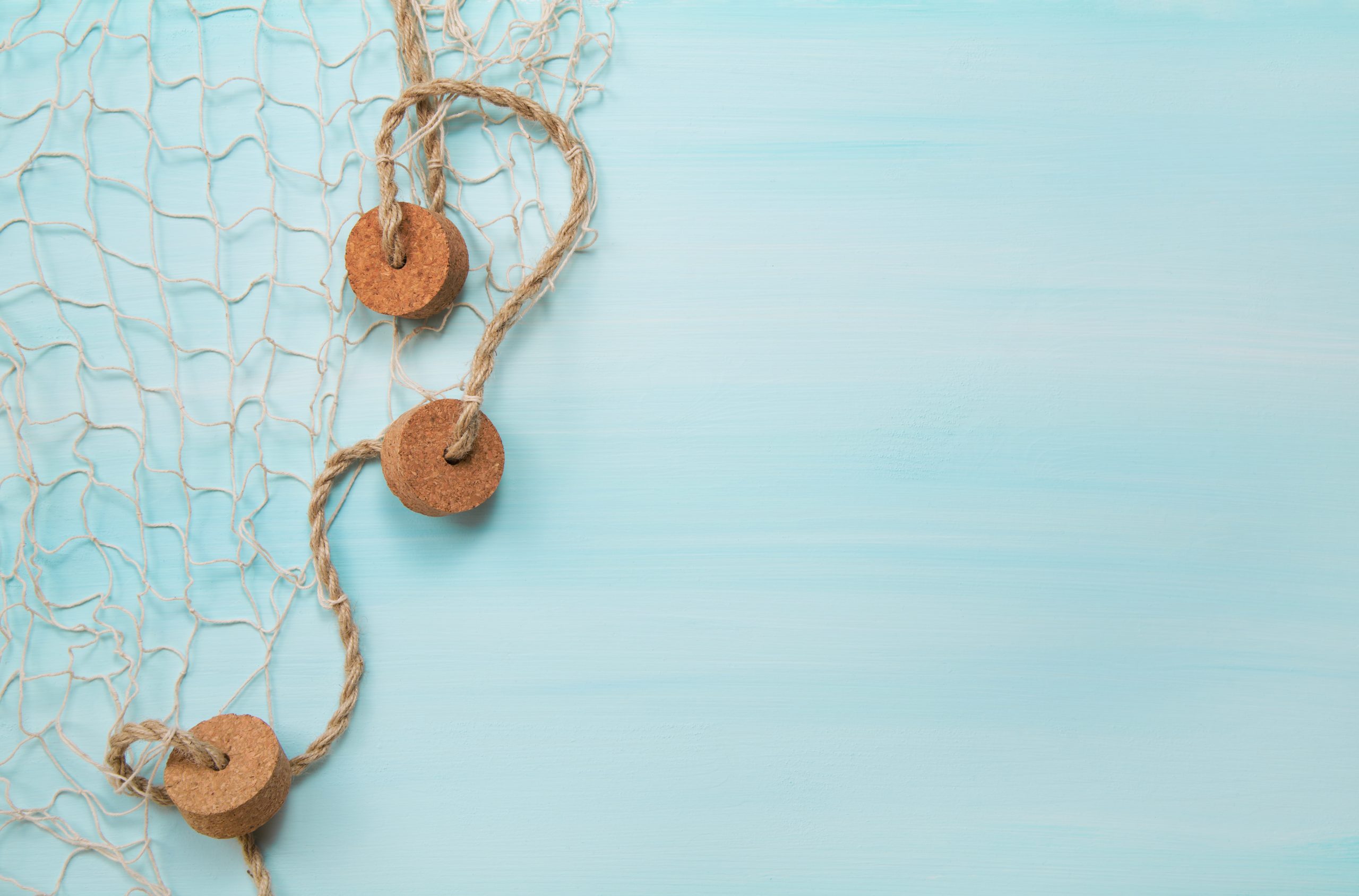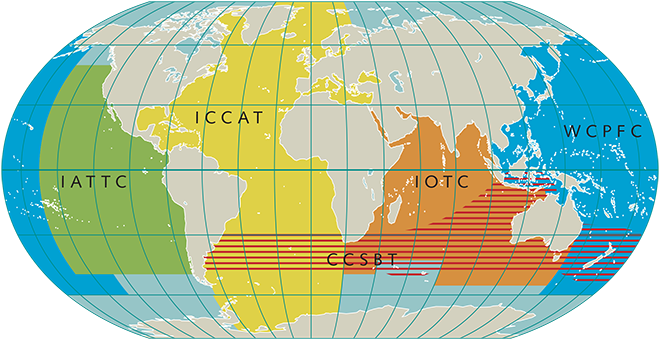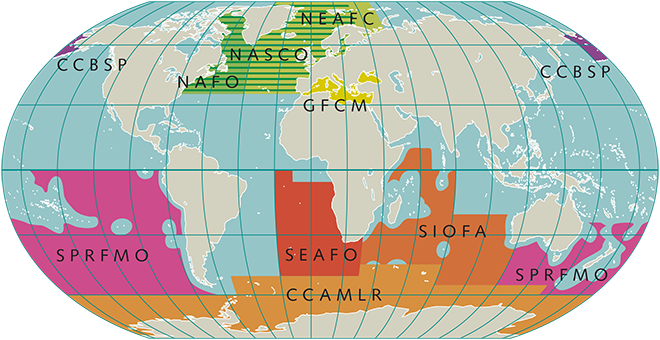Explore an overview of the local fisheries industry, emphasizing sustainable practices, monitoring efforts and economic opportunities

Fisheries
Introduction
Curaçao is a member of different international commissions, organizations and international fishing treaties. This creates the opportunity to license vessels to fish in international waters under the Curaçao flag.
Currently Curaçao is a member of the following world organizations regarding the fishing of tuna:
- International Commission for the Conservation of Atlantic Tunas (ICCAT)
- North East Atlantic Fisheries Commission (NEAFC)
- South Pacific Regional Fisheries Management Organization (SPRFMO)

Tuna Species
These are the tuna species with an added value for the ICCAT area:
- Big Eye Tuna
- Yellowfin Tuna
- Skipjack Tuna
- Albacore Tuna
Other economic areas of fisheries
There are of course other international organizations that don’t (only) focus on the fishing of tuna.
These organizations are a.o:
- North Pacific Fisheries Commission (NPFC)
- North Atlantic Fisheries Organization (NAFO)
- South East Atlantic Fisheries Organization (SEAFO)
- Commission for the Conservation of Antarctic Marine Living Resources ( CCAMLR)
- South Indian Ocean Fisheries Agreement (SIOFA)
- Central Asian and Caucasus Regional Fisheries & Aquaculture Commission ( CACFish)
- General Fisheries Commission for the Mediterranean (GFCM) &
- Regional Commission for Fisheries (RECOFI)
These organizations focus on economic species such as
- Sardines
- Mackerel &
- Pacific Humboldt Squid

Regulated under European Law
The European Union (EU) introduced a law in 2010 with the goal of combating the act of illegal fishing. On January 1, 2010 this law came into effect for Curaçao as well.
Illegal Fishing represents 19% of the global fishing numbers. It is presumed that this represents about 10 billion euros annually.
The law that was introduced by the EU is called: IUU Regulation (NO 1005/2008) Illegal Unreported & Unregulated Fishing.
This law is meant to prevent, deter and eliminate illegal unreported and unregulated fishing. It also determines the conditions under wish tuna and other types of fish can be exported to Europe
You can also read more about the IUU Regulation on the European Union Website.
Our Fishing Monitoring Center
Curaçao has a Fishing Monitoring Center (FMC) under the Ministry of Economic Development. Economically, we benefit from the fishing monitoring by the licensing fees for both the fishing vessels as well as the carrier vessels, the fishing certificates and the job opportunities both on the vessels as local observers and in local companies established in Curaçao.
Daily responsibilities of the FMC includes:
- Monitoring fishing vessels through signal controls at each hour
- Speed control of the vessels
- Species quota control
- Exclusive Economic Zone (EEZ) control
- Transshipment Control
- Control of the entries at each port
- Control of the quantity of fish that was caught
- By-catch control
- Crosscheck of the digital data from HCM/ Thermis & data via e-mail operator with digital data
- Data collection from each zone of ICCAT & EEZ for each vessel
- Crosscheck of the data from the observer with the digital data
Every year there are also meetings of fishing organizations to discuss the latest developments. Each country has to submit annual reports and trends that were noticed during the year. If there were sanctions, they must also be reported.
Curaçao must submit annually a fish management plan and a fad management plan to ICCAT so that they can take note of our management of the year.



